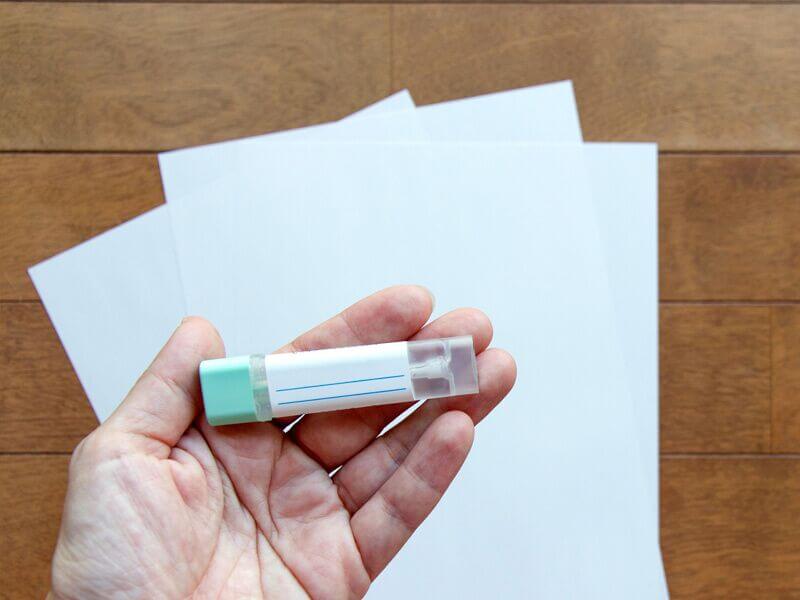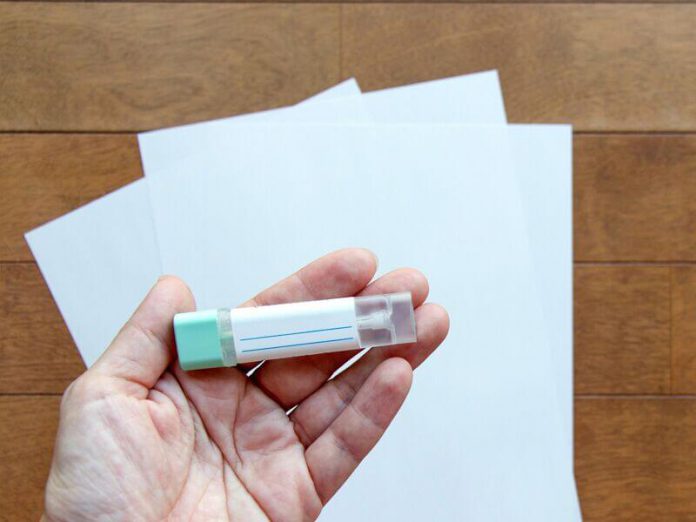
Soon you’ll start receiving free bowel cancer screening kits inside the mail when you finally turn 50. Using it might just save your life.
After a lot of being afflicted by mammograms and internal examinations, this can be a rare that hasn’t sighed: “Why can’t they just invent a painless test for cancer that comes in a box?”
While such technology has yet for most illnesses, testing for early indications of bowel cancer – Australia’s second deadliest cancer – is currently much easier.
And that’s caused by a simple postage paid kit targetted free of charge to Australians aged 50 to 74.
One in 13 Australians will be diagnosed with bowel cancer on their lifetime – but once detected early, almost 90 per-cent of cases are treatable successfully.
What is bowel cancer?
Your colon and rectum together called the large bowel, and bowel cancer (commonly known as colorectal cancer, as well as just often called colon or rectal cancer according to where it’s found) may affect any part about this area.
Most bowel cancers begin as benign polyps on your wall or lining of one’s bowel, but a majority of can become malignant.
If left undetected, these malignant polyps can produce into a cancerous tumour and quickly spread to many other organs in advanced cases.
According for a recent study within the Lancet, there’s reason to be concerned – although data shows both colon and rectal cancer decreased in older Australians aged 50 to 74, it offers increased significantly in those younger than 50.
Colon cancer expires by 2.9 per cent, while rectal cancer jumped to two.6 per-cent.
Clearly, it’s never been more vital to know the outward symptoms of bowel cancer with them investigated it they persist for over two weeks.
Common indications of bowel cancer
Bowel cancer symptoms fluctuate between people, as well as its worth noting that during the early stages, patients probably won’t present with any symptoms in the slightest (hence the value of screening).
That said, it is advisable to keep an eye out for the following signs – everyone common to this cancer:
What may be the National Bowel Cancer Screening Program test?
Traditionally, the best line of defence in your fight against suspected bowel cancer has been to get a referral from a GP to endure a colonoscopy.
But by pick up, Australians aged 50 to 74 will receive a free screening test in your mail every 24 months under the taxpayer-funded National Bowel Cancer Screening Program.
People outside that population can order one online at Bowel Screen Australia for $39.95 per kit.
Screening (during the comfort of your office) involves placing small degrees of stool or toilet water for a card provided during the Faecal Immunochemical Test, placing it inside of a postage paid envelope and mailing it to a new pathology laboratory for analysis.
Results are sent back to your account and your GP.
If the examination comes back positive for blood in your samples, you need to contact your GP immediately a lot more investigation.
A negative result means blood hasn’t been detected on your samples and it’s really recommended you repeat a bowel cancer screening test in two years.
If between tests, you develop any of the above signs of bowel cancer, make sure you see your GP.
Treatment for bowel cancer normally include surgery, chemotherapy, radiation or maybe a combination of these.
Written by Dilvin Yasa.


































